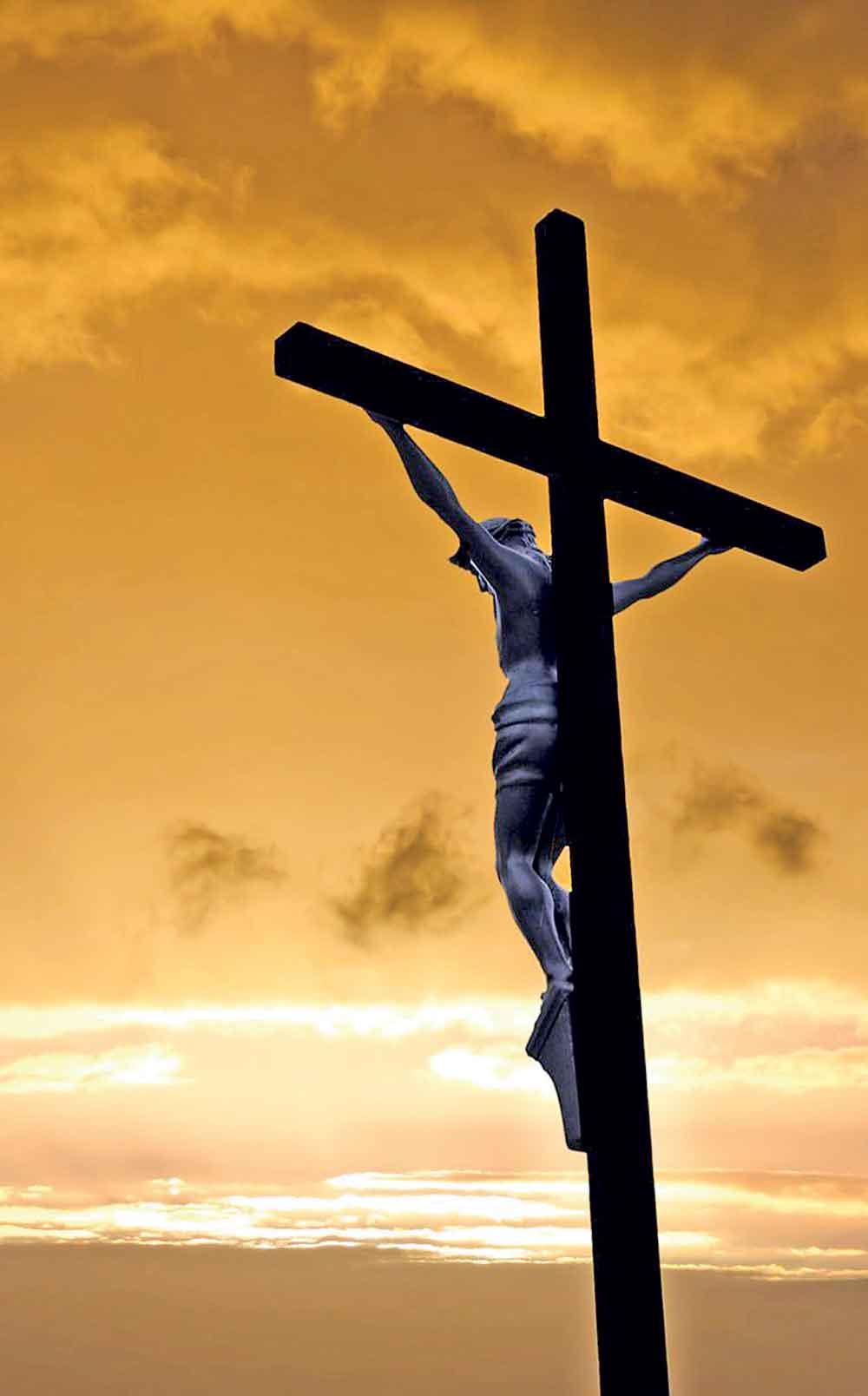
For millions around the world, Easter is more than a public holiday or a time for chocolate eggs and festive meals, it's the cornerstone of Christian faith, a season marked by reflection, sacrifice, and ultimately, the triumph of life over death. At the heart of Easter is a story of profound hope: the resurrection of Jesus Christ, which Christians believe offers the promise of eternal life and redemption for all.
The Spiritual Significance of Easter
Easter Sunday commemorates the resurrection of Jesus Christ from the dead, three days after his crucifixion. According to Christian belief, this event fulfilled the promises of the Old Testament and confirmed Jesus as the Son of God. For believers, it is the ultimate symbol of victory over sin and death; a celebration of life, forgiveness, and rebirth. It is the most important date in the Christian calendar, more significant even than Christmas. It marks the culmination of Holy Week, which includes Maundy Thursday (the Last Supper), Good Friday (the crucifixion), and Holy Saturday (the period of mourning and waiting), leading to Easter Sunday, when Christians believe Jesus rose from the dead. But the Easter season is not confined to a single day; it is the culmination of a 40-day spiritual journey known as Lent.
Lent: A Time of Preparation
Lent begins with Ash Wednesday, a solemn day when Christians attend church services and receive ashes on their foreheads in the shape of a cross. The ashes, made by burning the palm branches from the previous year’s Palm Sunday, serve as a powerful reminder of human mortality and repentance. The words traditionally spoken, “Remember you are dust, and to dust you shall return,” - invite the faithful to reflect deeply on their lives. The Lenten season is inspired by the forty days Jesus spent fasting in the desert, resisting temptation, and preparing for his public ministry. Likewise, Christians around the world use Lent as a time to practice self-discipline, prayer, and almsgiving. Many choose to give something up, be it certain foods, luxuries, or bad habits, while others take on positive practices such as volunteering or reading scripture. The purpose of Lent is not simply to abstain, but to grow spiritually and become more mindful of the sacrifice made by Christ. It’s a season of introspection and renewal, a way of clearing the heart to make room for the joy and hope that Easter brings.

Good Friday: A Day of Sorrow and Reverence
Following the emotional intensity of Holy Week, Good Friday stands as a solemn day of mourning and reflection. It commemorates the crucifixion of Jesus at Calvary, the ultimate act of sacrifice and love in Christian theology. Churches around the world observe the day with stripped altars, darkened interiors, and reflective services often including readings of the Passion, the Gospel account of Jesus’s trial, suffering, and death. Many believers fast or eat only a simple meal on this day to honour the suffering of Christ. Despite its sombre tone, Good Friday is called ‘good’ because, through Jesus’s death, Christians believe humanity was offered salvation. It is a paradoxical moment: profound sorrow intertwined with deep gratitude.
“He is risen!” Families gather for festive meals, and communities come together to celebrate.
Easter Sunday: The Joy of the Resurrection

Then comes Easter Sunday, the most jubilant day in the Christian year. Churches are adorned with flowers and filled with music, proclaiming the resurrection with joy and hope. For Christians, it is the day that changed everything; proof that death does not have the final say. Sunrise services, symbolising the moment the tomb was found empty, are held around the globe, and the message rings loud: “He is risen!” Families gather for festive meals, and communities come together to celebrate. In many cultures, the celebration includes eggs, a symbol of new life and resurrection. The practice of giving and receiving chocolate eggs has become a joyful, if more secular, tradition in many parts of the world.
Easter Monday: A Day of Continuation and Community

In some countries, including the UK, Australia, and parts of Europe, Easter Monday is a public holiday; a continuation of Easter joy and a day often spent with family and friends. While it does not have the same liturgical significance as Easter Sunday, it holds meaning as part of the Octave of Easter, a week-long celebration in the Christian calendar. Traditionally, it was also a day for processions, outdoor festivities, and charitable acts. In modern times, it’s often seen as a time to pause and reflect before returning to daily life, a moment to carry forward the peace and hope of Easter into the world.
A Universal Message

Whether observed through solemn liturgy or joyful festivity, Easter holds a message that transcends religious boundaries: hope can rise from despair, light can emerge from darkness, and love has the power to redeem.In a world often marked by uncertainty and suffering, the Easter story invites people to believe in the possibility of new beginnings. Its call is simple yet profound: to love without limit, to forgive without condition, and to live with faith that renewal is always possible.
As Lent reminds us to reflect, and Good Friday invites us into reverence, Easter lifts us into joy. And Easter Monday sends us back into the world; not unchanged but renewed.











